In 1 volume, 3 classic early works by the Southern physician-turned-novelist who galvanized American literature with stories of spiritual searching amid modern angst
Includes the landmark, National Book Award–winning The Moviegoer, in a fully annotation edition
A physician-turned-writer and self-described diagnostician of “the malaise,” Percy plumbed the depths of modern American angst and alienation as few other writers have. Now he joins the Library of America series with a volume collecting his first 3 books.
The Moviegoer (1961), winner of the 1962 National Book Award for Fiction, is the story of John Bickerson “Binx” Bolling, a New Orleans stockbroker who finds in movies a resplendent reality that lifts him, for a time, out of the mire of everydayness. Binx is a modern-day pilgrim whose progress unfolds in what editor Paul Elie calls “the first work of what we call contemporary American fiction, the earliest novel to render a set of circumstances and an outlook that still feel recognizably ours.”
In The Last Gentleman (1966), Percy portrays another troubled, searching young man, this time a southerner living in New York whose intermitent amnesia and odd moments of déjà vu lead him to imagine that the world catastrophe everyone fears has already occurred.
A satirical work of speculative fiction, Love in the Ruins (1971) introduces lapsed-Catholic psychiatrist Dr. Thomas More, inventor of the lapsometer, a devise that measures the spiritual sickness of a near-apocalyptic America torn apart by the forces of the far right and left.
Rounding out the volume are three short nonfiction pieces by Percy: his speech upon accepting the National Book Award, his special message to readers of the Franklin edition of The Moviegoer, and his address to the Publicists’ Association of the National Book Awards concerning Love in the Ruins.

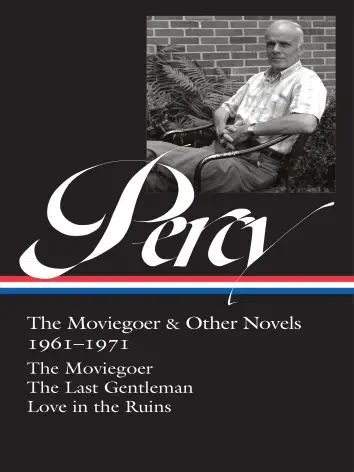
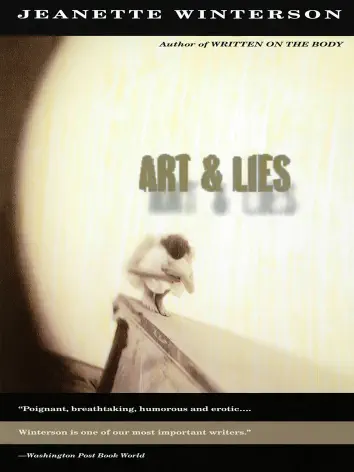
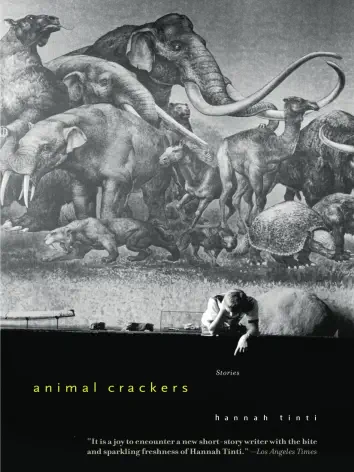
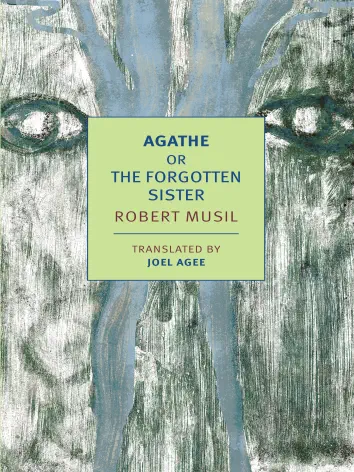
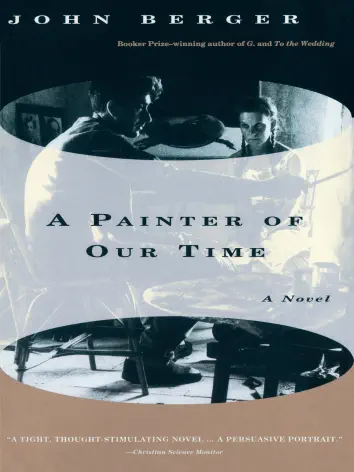
Reviews
There are no reviews yet.